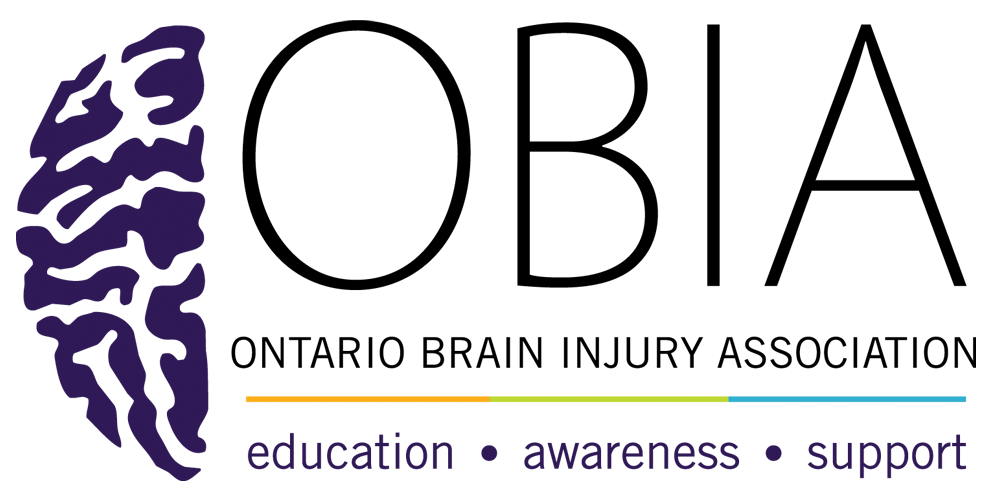Quick Facts
-
- May occur when parts of the brain responsible for controlling hormones are damaged
- May begin soon after a brain injury or months to years following an injury
- May go undiagnosed due to the large number of hormones that are affected or the symptoms are like other common impacts of brain injury
What does it
look like?
Symptoms of hormonal imbalance which are similar to other common effects of brain injury include :
- Depression, anxiety, mood swings
- Vision changes
- Fatigue
- Headaches
- Sexual changes (i.e. impotence and/or change in sex drive)
Other possible symptoms include:
- Weakness in muscles, sensitivity to cold
- Loss of body hair
- Changes to menstruation and/or reduced fertility
- Dry skin, pale appearance
- Low blood pressure, dizziness
- Increased thirst and urination (diabetes insipidus)
- Vomiting, confusion, convulsions (hyponatremia)
Possible Causes and Complications
Possible causes:
- Damage to the pituitary gland and/or hypothalamus
Possible complications:
- Hormonal systems most changed by brain injury are sex hormones, growth hormones or stress hormones
- Children may experience growth problems if the injury results in changes to their levels of growth hormone leading to the many symptoms mentioned above
What can we do?
- Encourage your doctor to test hormone levels and scan for possible damage to hypothalamus or pituitary gland
- Ask your doctor questions regarding possible hormone imbalance
- Have hormones been affected by the injury?
- Can these hormones be replaced?
- Can symptoms be relieved?
- What are the risks and benefits of the treatment?
- How will I know if hormone function returns to normal?
- How often should hormone levels be checked?
Disclaimer: This information is not meant to replace advice from a medical doctor. Consult a health care provider regarding specific medical concerns or treatment.

